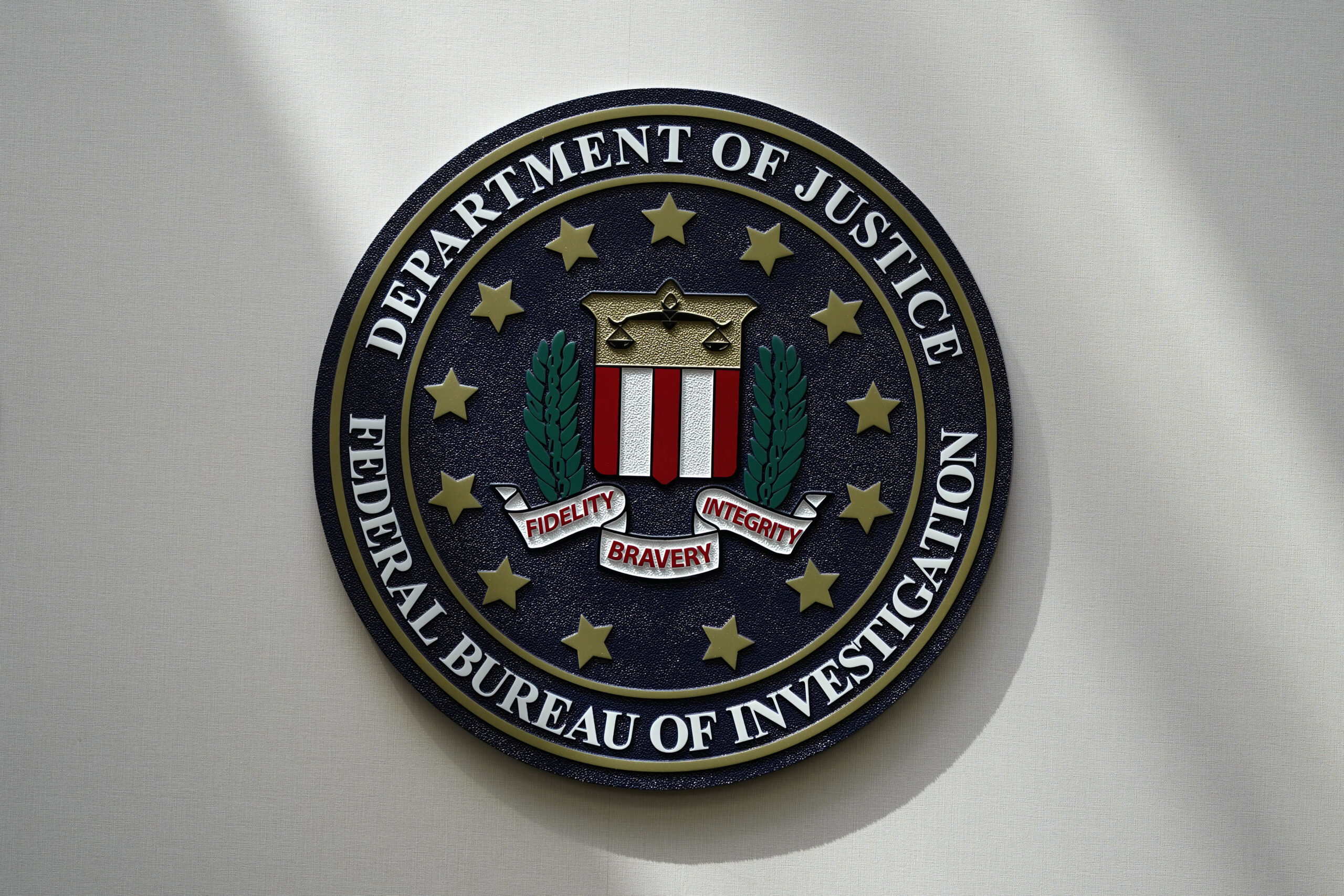The FBI and other government agencies should be required to get court approval before reviewing the communications of U.S. citizens collected through a secretive foreign surveillance program, a sharply divided privacy oversight board recommended on Thursday.
The recommendation came in a report from a three-member Democratic majority of the Privacy and Civil Liberties Board, an independent agency within the executive branch, and was made despite the opposition of Biden administration officials who warn that such a requirement could snarl fast-moving terrorism and espionage investigations and weaken national security as a result.
The report comes as a White House push to secure the reauthorization of the program known as Section 702 of the Foreign Intelligence Surveillance Act is encountering major bipartisan opposition in Congress and during a spate of revelations that FBI employees have periodically mishandled access to a repository of intelligence gathered under the law, violations that have spurred outrage from civil liberties advocates.
Section 702 permits allow spy agencies without a warrant to collect swaths of emails and other communications from foreigners located abroad, even when those foreigners are in touch with people in the United States.
Officials in President Joe Biden’s administration have said the program is essential for disrupting foreign terror attacks, espionage operations from Russia and China and cyberattacks against critical infrastructure. But many Democratic and Republican lawmakers say they won’t vote to renew Section 702 when it expires at the end of the year without major changes targeting how the FBI uses foreign surveillance data to investigate Americans.
The privacy board recommended that the program be renewed despite being divided about what reforms were needed. The board’s recommendation is for the government to implement as it considers reauthorization of Section 702 and doesn’t carry practical weight.
The opposition to reauthorization has united unusual bedfellows, bringing together civil liberties-minded Democrats who have long supported limits on government surveillance powers with Republicans still angry over what they see as abuses during the investigation into ties between Russia and Donald Trump’s 2016 presidential campaign.
A central point of contention is analysts’ use of the foreign intelligence database to search for information about people, businesses or phone numbers located in the U.S. Those queries are permissible if there’s reason to believe they will retrieve foreign intelligence information or, in the case of the FBI, evidence of a crime.
But a succession of unsealed court opinions in recent months have revealed FBI violations in how those queries have been done, including improper searches of Section 702 databases for information related to the Jan. 6, 2021, riot at the U.S. Capitol and the 2020 protests following the police killing of George Floyd. FBI officials say significant safeguards have since been imposed.
In a recommendation Thursday that critics say would impose a significant hurdle and mark a dramatic break from the status quo, three members of the board said executive branch agencies, with limited exceptions, should have to get permission from the secretive Foreign Intelligence Surveillance Court to read the results of their database queries on U.S. citizens.
“The scale of U.S. person queries, the number of compliance issues surrounding U.S. person queries, and the failure of current law and procedures to protect U.S. persons compels the Board to recommend a new approach,” the report said.
Underscoring the blurred political lines of the debate, the two Republican members of the board joined the White House in objecting to the proposal as unduly burdensome. Those two members refused to sign on to the report issued by their colleagues and instead issued their own document lambasting some of the conclusions.
“Eliminating U.S. person queries, or making it bureaucratically infeasible to conduct them — as the Majority recommends — would effectively destroy the crucial portion of the program that enables the U.S. government to prevent, among other things, terrorist attacks on our soil,” they wrote.
Separately, the White House said that seeking a judge’s permission to read through intelligence that’s already been lawfully collected was legally unnecessary and would interminably slow national security investigations that require fast action.
“That is operationally unworkable and would blind us to information already in our holdings that, often, must be acted upon in time-sensitive ways in order to prevent lethal plotting on U.S. soil, the recruitment of spies by hostile actors, the hacking of U.S. companies, and more,” a National Security Council spokesperson said in a statement.
“We urge Congress to continue to work with us on alternative reforms that can strengthen Section 702 this reauthorization cycle without causing the type of detrimental effects to U.S. national security that this recommendation would generate,” the statement added.
The Privacy and Civil Liberties Board was formed in 2007 following a recommendation from the Sept. 11 commission, intended as a way to create checks and balances on the government’s expanding spy powers. The five members are nominated by the president and receive Senate approval.
(AP)











